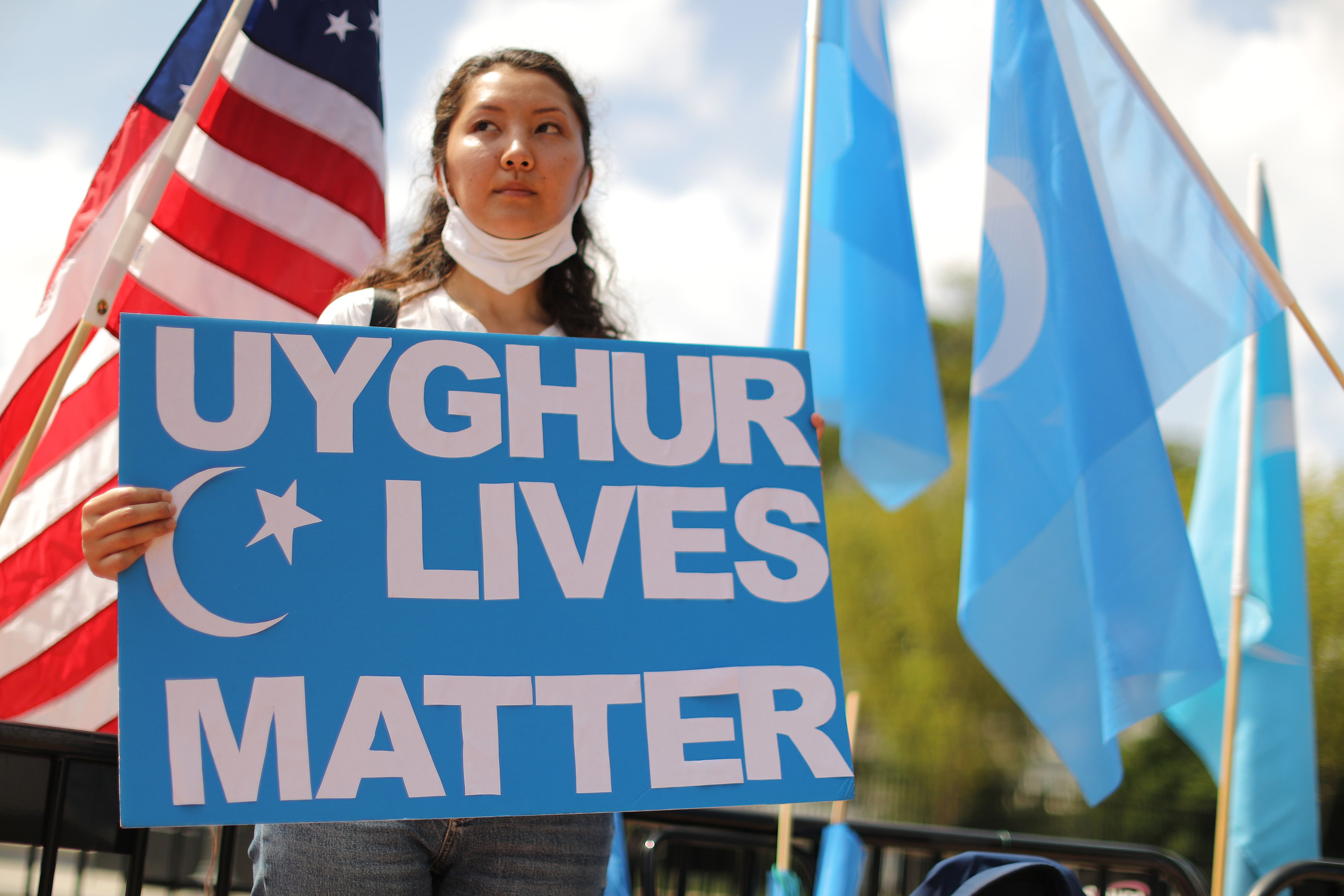
The United States has imposed travel restrictions on Chinese officials for their involvement in repressive acts against the Uighur minority, as well as against dissidents, trade unionists, journalists, human rights defenders and members of civil society in China and beyond its borders.
“The United States rejects efforts by officials of the People's Republic of China to harass, intimidate, monitor and abduct members of ethnic and religious minority groups, including those seeking safety abroad and U.S. citizens speaking on behalf of these vulnerable populations,” he said. in a statement the US Secretary of State, Antony Blinken.
Thus, he called on the Chinese authorities to cease “their acts of transnational repression, including the attempt to silence American Uyghur activists and other Uyghurs who serve the American people by denying permission to leave their relatives in China.”
For this reason, the United States has reaffirmed in a statement, collected by the US State Department, its support “for those who bravely speak out despite the threat of reprisals.”
“We call on China to end the ongoing genocide and crimes against humanity in Xinjiang, repressive policies in Tibet, the repression of fundamental freedoms in Hong Kong and violations and abuses of human rights, including violations of religious freedom, in other parts of the country” , has sentenced.

On the other hand, the Russian invasion of Ukraine has amplified fears that the world will stagger again into an era similar to that of the Cold War in which the most powerful countries compete for dominance.
That could mean not only that Russia exercises control over Eastern Europe, but also that China prevails over East and Southeast Asia, in particular on Taiwan.
China has claimed Taiwan since the island separated from the mainland in 1949 and has threatened to reunify them by force. He considers this matter an absolute priority: days after the Russian invasion, Chinese officials reiterated that they were committed to the “resolution of the Taiwan question”. In a call last Friday with President Biden about the Russian invasion, Chinese leader Xi Jinping seemed more concerned about Taiwan's fate than the war in Ukraine.
China, like Russia, seems to see a vacuum after Western powers withdrew from the world stage, marginalized by internal disputes and failed US wars in Iraq and Afghanistan. In the West, the victory of the Cold War had convinced many that a new democratic world order would maintain peace, not realizing how fragile that peace really was.
“People forgot about the politics of the great powers,” said Jennifer Lind, an expert on East Asia at Dartmouth College. “People hoped that international politics had been transformed, and that was not the case.”
But Russia's failure so far to dominate Ukraine, and the West's rush to punish and isolate Russia for its invasion, should make major powers or rising powers skeptical of similar incursions, experts said.
China, after all, has benefited from the relatively peaceful world order of recent decades; it became America's sole real economic rival as the world became increasingly integrated. An invasion of Taiwan could disrupt that order and potentially isolate China from the world economy, as Russia's experience has shown. So what happens in Taiwan will probably be influenced by what happens in Ukraine. If Russia succeeds in overcoming Ukraine, the danger to Taiwan increases. If Russia eventually withdraws, or suffers lasting and damaging consequences, that could be good news for the island.
(With information from Europa Press)
CONTINUE READING;
Últimas Noticias
Debanhi Escobar: they secured the motel where she was found lifeless in a cistern

The oldest person in the world died at the age of 119

Macabre find in CDMX: they left a body bagged and tied in a taxi
The eagles of America will face Manchester City in a duel of legends. Here are the details

Why is it good to bring dogs out to know the world when they are puppies




